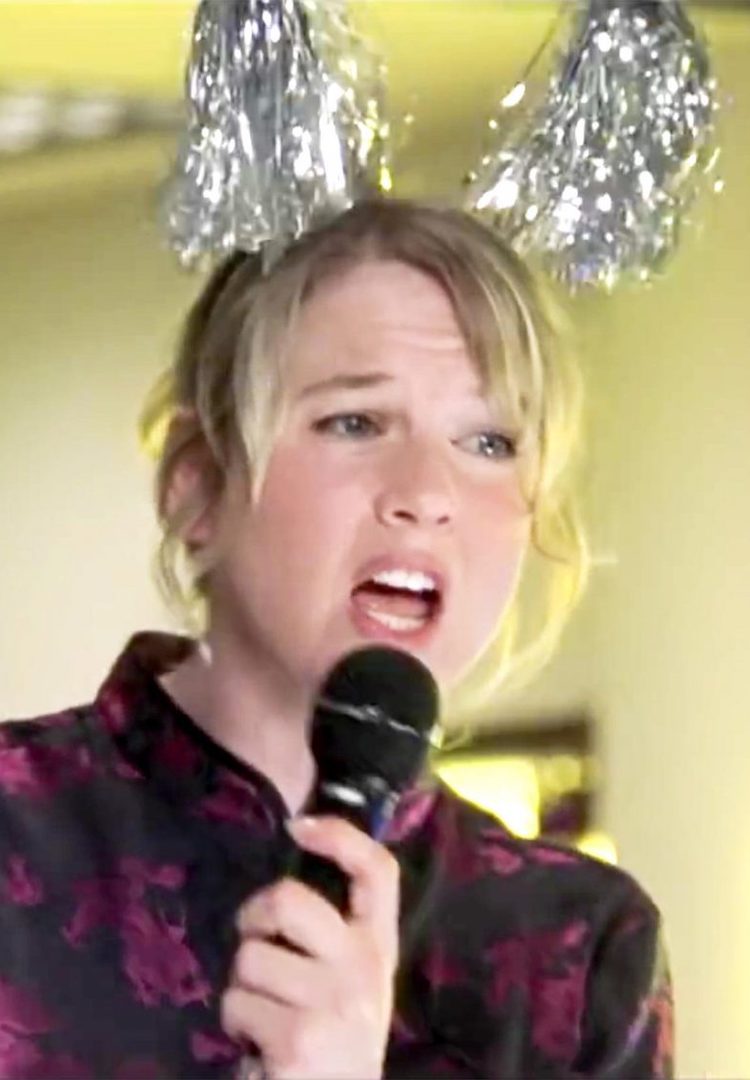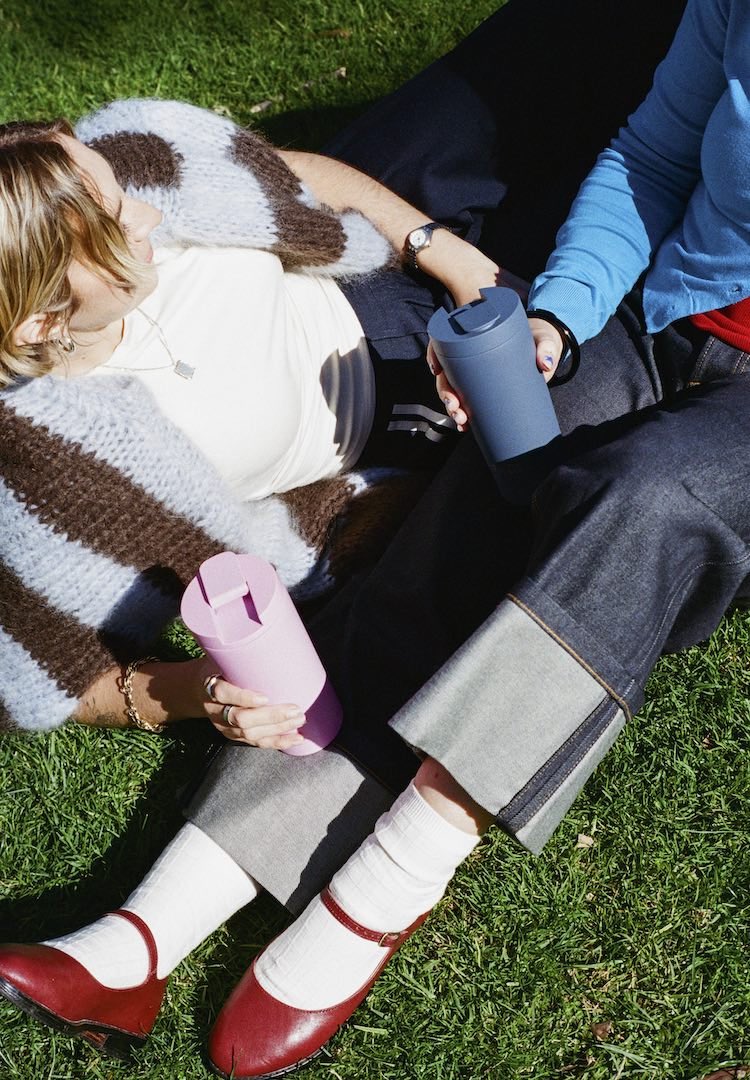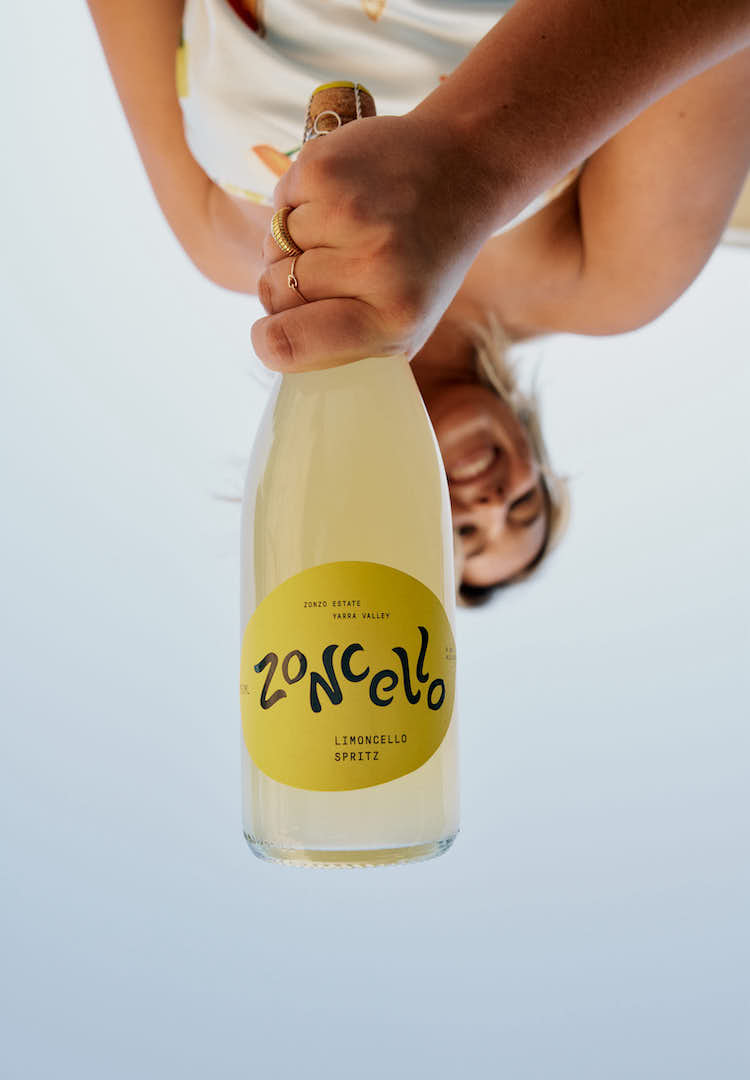Is it time for the office Christmas party to die?
WORDS BY ISABELLE SACKS
Another coronavirus casualty.
Is it just me, or does the work Christmas party feel like a singular beast? In a previous life as an events waitress, I never failed to be floored each December when the wholesome joy of weddings and bat mitzvahs were replaced by an almost sinister level of merriment.
I watched silently as endless HR violations occurred all around me, complicit in the debauchery as I continued pouring champagne. The boys from accounting emerging from the bathroom, pupils fully dilated.
A clearly married woman hooking up with her colleague in the smoking area. I would ask why free alcohol on the company’s tab makes all of us park our professionalism at the door, but the answer is right there in the question (free alcohol on the company’s tab, duh).
Of course, many office Christmas parties might be harmless affairs, designed to improve employee morale, facilitate the development of relationships and increase staff engagement, all of which lead to greater productivity and staff retention.
But, for the past few years, I’ve seen a steady trickle of op-eds with variations on the above title bemoaning the supposed sanitation of previously raucous affairs, usually written by middle-aged men bubbling with privileged rage and an axe to grind with the PC police.
The first blow to the office Christmas party might have been the financial crisis. We collectively tightened our belts, with companies introducing meal vouchers and cash bars. No one wanted to be subjected to management propaganda at the party about the firm’s progress when pay rises were scarce and redundancies rife.
Then it was the #MeToo movement. The Australian Human Rights Commission’s 2018 national survey on sexual harassment in Australian workplaces found that one in three people experienced sexual harassment at work in the past five years.
One in five of those who said they experienced workplace sexual harassment said the most recent incident occurred at a work social event. People bristled when HR sent one too many emails in the lead up to the event, reminding employees that groping one’s assistant underneath the mistletoe was in fact a violation of company policy.
I’ve experienced what could only be described as ‘light’ sexual harassment at my own work Christmas party – namely a Rolex-wearing, white pants, married-with-kids kind of guy trying to goad me into doing high kicks in my mini-skirt and joking about how he ought to be wearing an ankle bracelet around me because I’m so young.
But the kiss of death for work Christmas parties as we once knew them just might be a new epidemic sweeping the nation – the Zoom Christmas Party. Those familiar words, “things might look a little different this year”, have never rung truer.
Between varying coronavirus restrictions and zombie businesses hanging by a thread on JobKeeper payments, companies are trying to get creative. I’ve heard of everything from low-key picnics to elaborate virtual affairs.
HP Australia sent its employees cocktail kits accompanied by an online mixology class, and also hosted a virtual party featuring live music and its own version of The Masked Singer featuring mystery staff singing carols. Telstra went straight to giving its employees cash – to the equivalent of what they spend per person on end-of-year events – to spend as they wish.
I don’t want to be a buzzkill, but maybe the death of the work Christmas parties of old could be a good thing? I still think that marking the end of a tough year and recognising and rewarding employee contributions is important. Particularly in the face of tighter budgets, it is one way of reminding staff that they are part of a common endeavour.
But maybe this year will give us a chance to re-examine how we do it. I don’t have the answers, but it doesn’t need to be a free-for-all when it comes to sexual harassment, straight up alcohol-abuse, and the total abandonment of professionalism. Surely there are other ways to let off some steam.













